20+ Years Experience
Specialist Business Insolvency Company

Get in Touch Today to Speak to a Specialist Adviser
Are you ready to bring down the shutters on your small business but are anxious about how to close a limited company tax efficiently?
It only makes sense – after all, tax filing can be a tedious and time-consuming task.
The good news is that there are ways to close up shops without incurring hefty taxes.
This step-by-step guide is designed to help you do just that!
Following these instructions can help you ensure that you (or your business) don’t have to pay too many taxes when you’re ready to close up shop, and you can move on to the next exciting chapter of your professional journey.
Let’s get started!
Generally, the best way to close a limited company without paying tax is to transfer its assets to another company before closing.
Alternatively, you may claim surrender relief on any profits in the company if all of the shareholders agree.
Limited companies have a separate financial identity from the shareholders or directors of the company.
They have specific obligations and responsibilities regarding managing and accounting for tax.
A limited company must register with HMRC, declare its profits, and pay any taxes that are due on those profits following the rules set out by the UK government.
Failure to do so can result in costly fines and penalties for the company and its directors being held personally liable for unpaid taxes due. Investors in a limited company must be aware of their tax obligations before investing in or closing down such a business.
When closing a limited company, there may be options to minimise your tax burden and ensure compliance with HMRC regulations.
Finding the appropriate advice can make sure you wind up the business in an efficient manner that safeguards your investment and meets all legal requirements.
We will examine what happens during liquidation and how this can ultimately lead to reduced tax liabilities for those with a limited company.
When a limited company is wound up or liquidated, it typically means selling off any business assets and then distributing the funds left among creditors.
For the process to begin, the creditors must come together and agree to wind up the company. It is essential to look at all options before deciding on liquidation because this will mean the company is dissolved, but other alternatives may be available.
Obtaining professional advice from an insolvency practitioner when considering liquidation is essential. The insolvency practitioner will ensure that everything is done correctly and that everyone involved is accountable for their actions.
If a creditor has a dispute over the amount they are owed, they can take legal action against the directors to settle the dispute. The practitioner will also assess whether any action needs to be taken against the directors based on their conduct while running the company.
During liquidation, all of the shares in the company are sold along with any profits that remain after debts and liabilities have been paid off. Depending on what kind of shares they hold, some shareholders may receive dividends after liquidation before any creditors are paid out.
When a limited company is liquidated, it can cause serious financial implications for those associated with it, such as employees who may not be compensated through redundancy pay. Lenders may also suffer losses if secured lenders had assumed there was collateral for them to claim upon should repayment become due. This collateral is no longer available as part of liquidation proceedings.
Considering all of these outcomes is crucial before opting for company liquidation. Getting professional advice from an insolvency practitioner and ensuring an agreement between all parties is reached before dissolution will ensure a smooth Winding Up process with fewer undesirable consequences.
Now that we have discussed what happens at liquidation, let us discuss how best to prepare for closing a limited company without paying taxes in our next section.
When a limited company is wound up or liquidated, it typically means selling off any business assets and distributing any funds left among creditors.
To begin the process, all creditors must agree to wind up the company and seek professional advice from an insolvency practitioner.
During liquidation, all of the shares in the company are sold off along with profits after debts are paid off. This can cause severe financial implications for those involved, such as employees and lenders.
It is essential to consider all possible outcomes before opting for liquidation.
When closing a limited company without paying tax, careful preparation is essential to ensure the process goes as smoothly and economically as possible.
Tax implications should be considered, and any legal requirements or paperwork should be evaluated in advance. Provision for creditors and other responsibilities should also be considered.
Securing losses is one of the most critical steps in preparing to close a limited company without paying taxes.
Losses can often be carried forward as long as the business is active within the jurisdiction that taxes it.
This enables loss relief on future income or profits for an individual when the business is sold. In some cases, the structure of how a company is owned can also provide tax benefits.
Another preparatory step is cross-checking any liabilities due to contractors, suppliers, and customers. An early settlement of any debts provides extra assurance that all liabilities have been covered before closure and helps minimise potential losses in the future due to creditors’ claims or litigation.
Payment of dividends before closure can also help offset taxes that would otherwise need to be paid on retained profits.
Finally, during this phase, proper bookkeeping and accounting must occur as officials may require records and financial documents upon closure. An accountant or licensed business advisor can assist with this process if needed.
Efficient record-keeping will make the whole process easier and more reliable.
Preparation for closing a limited company without paying tax includes securing losses, verifying liabilities, managing dividends, and paying attention to record keeping standards.
It is possible to close a limited company with careful planning and preparation while avoiding excessive taxation costs.
Once the decision has been made to close a corporation, certain legal steps should be followed.
The following outlines the primary steps involved in closing a corporation.
Managers must inform all relevant regulatory bodies and stakeholders of the company’s closure.
This includes terminating all contracts with suppliers, filing documentation with state and federal agencies regarding closing down operations, such as any necessary tax forms, informing creditors that the business is closing, and cancelling licenses or permits.
Companies also need to devise a plan for winding up debts with customers.
This step involves paying off lenders, including banks and other creditors that hold corporate debt and accounts payable.
All outstanding loans must be paid off before closing the business.
Depending on location, some employers may have requirements to pay employee benefits before closure. However, most employees are no longer employed by the company upon closure.
In some countries, employees may be entitled to benefits and resignation payments upon the closure of a corporation.
Managers should inform their employees of the company’s closure and their entitlements on time so they can make necessary arrangements.
To legally terminate any business entity, managers will also have to complete documents required by local government offices or registers of companies that vary depending on what type of entity it is (for example, LLC filing papers). Any papers filed
regarding closing a business must be submitted according to all legal requirements established by local laws.
Tax returns must be lodged for closure purposes so that the company’s cease operation is recorded correctly with the national taxation authorities.
After this, managers should ensure that all relevant paperwork is completed so that shareholders know of any pending taxes or possible liabilities due to the business settlement process.
Once this is done, companies can officially dissolve from the registry of companies and move forward with creating liquidation reports for shareholders detailing how much money was added into obtaining assets before dissolution and how much cash was taken out after liquidation deductions applied (less taxes).
These steps will help ensure a smooth transition as corporations close their doors for good without incurring significant taxes or liabilities. Now that these steps have been discussed, the next section will address how to close a limited company without paying tax – an even more difficult challenge!
Closing a limited company without paying tax and taking advantage of available exemptions can take a lot of work.
There are numerous means by which the owners of a limited company (shareholders) can fully extract their funds without the imposition of tax.
This can be accomplished through careful planning, identifying any profits made by the company, and engaging the right accounts or legal staff to support navigating this process.
At first glance, it may appear that all profits will be subject to taxation when closing a limited company. However, some deductions or exemptions can be taken as long as they meet specific criteria outlined by HMRC.
Additionally, provisions such as Entrepreneurs’ Relief allow shareholders to reduce or avoid applicable taxes when closing their company, potentially saving them significant sums of money.
On the other hand, taking full advantage of the available exemptions can be complex and challenging for those with little knowledge of taxation.
Not understanding all aspects of this system could lead to costly mistakes inadvertently incurred. This risk should be carefully weighed before deciding the best course of action during the closure of a limited company without paying taxes.
Making the right decisions upfront can help pave the way for successful closure while avoiding unnecessary taxation. Identifying the best accounting or legal approach is key in this process, which will be detailed extensively in the upcoming section.
Identifying the best accounts or legal approach is essential when closing a limited company without paying taxes.
On the one hand, it is essential to note that all steps must be taken within the regulations of HMRC – including various laws and expectations upheld by the UK Government – to comply with appropriate tax law. Companies should ensure they understand which regulations and laws must be followed when closing a limited company without paying tax.
On the other hand, an accountant might suggest different interpretations about what is expected by HMRC. It is thus important to compare each approach and ensure that the chosen option adequately meets any specified requirements.
Companies must provide accurate and valid financial statements – ownership information, breakdowns of costs and capital gains, and other related information – as part of their closing processes. Business owners should select an accountant who has experience in this area.
By consulting with a qualified lawyer, companies can gain the necessary authorisation regarding these transactions to avoid potential issues. At the same time, business owners should also seek guidance from a legal professional who can confirm all obligations are met before liquidating a business.
This includes ensuring all liabilities are settled and accounted for and identifying potential areas whereby tax avoidance may apply.
In conclusion, choosing the best accounts or legal approach is critical when closing a limited company without paying taxes. Understanding all applicable regulations are vital steps that must be taken in accordance with HMRC expectations.
When closing a limited company, the primary responsibility is to meet the requirements of HM Revenue & Customs (HMRC). Any taxes due must be declared and paid. To do this, you must inform HMRC with a filing known as a company tax return. Your company will also need to complete forms that include details of any capital assets the business holds – these are assets owned by the business, such as vehicles and premises.
All outstanding PAYE tax, employee National Insurance Contributions and student loan deductions must be paid in full before the accounts can be closed.
Furthermore, any remaining VAT or corporation tax outstanding should also be cleared to satisfy HMRC’s requirements. The directors may be asked to provide additional information if required by HMRC. In some cases, they may owe personal taxes too.
It is essential to understand that an omission or inaccuracy in filing information could result in hefty fines imposed on the owners and directors personally.
Managers of limited companies need to ensure that all filings are conducted accurately so as not to fall into any criminal or civil penalties inadvertently.
In certain situations, it may be possible for the company to receive a ‘time-to-pay arrangement’ from HMRC, allowing them to pay off their taxes over a specified period to avoid any penalties or interest charges.
Concluding a limited company without paying tax is only possible when all requirements outlined by HMRC have been met by ensuring they have received all necessary payments and completed associated paperwork accurately.
To successfully conclude a limited company without paying tax, specific steps must be taken by the shareholders or directors of the company.
The most common of these methods is known as Members Voluntary Liquidation (MVL). In an MVL, you dissolve your company’s assets and distribute them to shareholders.
This allows for the maximisation of shareholder values and helps them avoid heavy taxation. It is important to note that this method requires approval from shareholders and prior notification to HMRC.
In addition, you may also opt to convert your business into a CIC (community interest company) to ensure limited dividends are paid out, so long as those profits have been reinvested into the enterprise.
This can allow for continued profit-making revenue streams more sustainably and beneficially whilst negating heavy taxation from the liquidated business.
If possible, consider selling off any outstanding stocks and other assets as soon as possible to claim allowable losses in capital gains tax (CGT).
Selling second-hand goods is another indication of claiming such losses in CGT at the end of the fiscal year.
It is important to note the varying solutions available when considering how best to close a limited company without paying tax. Different measures may be necessary depending on your specific situation and external factors, while others could be detrimental.
It is always recommended that you seek advice from specialist legal advisors or qualified accountants before undertaking any significant changes in your business structure and affairs.
When done correctly and relatively easily, dissolving your limited company without paying any tax can benefit you and all relevant shareholders involved.
Certificates can then be issued, and all necessary account requirements adhered to for complete closure of the transaction.
Once the company has been closed, there are still a few more post-liquidation processes to be completed before you can consider the process finished. The most important of these processes is the final tax return.
The final tax return will need to be submitted to HMRC twelve months after the date of dissolution.
Even though all assets have been sold, HMRC may still require payment of any remaining taxes due. If this is the case, all money owed must be repaid in full and on time for any business owners to remain in good standing with HMRC.
The agreement should include details such as the date of dissolution, the names of all involved business owners, and any assets or liabilities left unpaid or unresolved prior to closure.
You will also need to inform Companies House once all company assets have been liquidated and accounted for.
It is essential to submit this information as soon as possible – otherwise, Companies House may take legal action against you if they cannot complete their records accurately.
Finally, any remaining debts owing to creditors must be paid off within a reasonable time after the company closes – typically six months or less. Failure to do so may result in creditors taking legal action against you or your former colleagues.
Make sure you are aware of your responsibilities before embarking on this path.
Once all of these post liquidation processes have been satisfactorily completed, there should be no further liability towards HMRC or anyone else involved in the company’s running.
You must ensure you do not incur taxes or other financial penalties when closing a limited company.
While closure without paying tax may seem like a desirable goal, there are some important alternatives to consider.
In some cases, it may be possible to avoid taxes and still remain in operation as a limited company.
One common alternative to closure without incurring tax is selling the business. Selling the business will result in capital gains taxes being paid on any profit from selling the business’s assets.
However, this may be preferable to paying the estate tax associated with declaring bankruptcy and winding up the company. If a buyer can be found, it is also possible to negotiate terms which limit how much of the profits must be paid in taxes.
Another alternative is to restructure the business rather than closing it completely.
Restructuring could involve moving assets into holding companies or changing ownership structures to reduce taxes.
The restructuring also allows businesses to look at ways of becoming more efficient and cost-effective, which can help them remain profitable and stable even after restructuring.
The third option is to cease trading but continues technically operating as a limited company. This option allows the company to take advantage of certain tax benefits by retaining its status as an active but dormant corporation.
If there is still potential for growth and development, then keeping the limited company open would allow these opportunities to be explored.
Each of these alternatives has its advantages and drawbacks. Only after considering factors such as taxation laws, existing debts, capital gains, operational costs and long-term objectives should a decision be made on the best option for closing a limited company without paying tax.
To properly close a limited company without paying taxes, there are several steps you must take.
First and foremost, you will need to ensure that all of the company’s outstanding debts and liabilities have been paid off, either through liquidating the company’s assets or through a loan from a third-party lender.
You should also make sure that any outstanding payroll or employee-related liabilities are settled.
Once these debts and payments have been taken care of, you should begin the formal process of closing the company. This usually involves informing creditors, suppliers, customers and other associated persons that you are preparing to dissolve the company.
Depending on your jurisdiction, it might be necessary to complete formal paperwork with your local government agency to legitimise the dissolution process officially.
It is crucial to notify HMRC (Her Majesty’s Revenue & Customs) that you intend to close the company permanently to avoid further investigations and penalties related to taxation non-compliance. Once all of these steps have been completed successfully, the limited company should be considered closed.
When closing a limited company, there are several taxes and other liabilities to consider, depending on whether the company is profitable or not.
The most common tax liabilities if the company is profitable are corporation tax and capital gains tax.
Corporation tax is paid on the profits made by the company over a given financial year, whilst capital gains tax will apply where assets held by the company (such as investments or property) have been sold for a gain.
There may also be income tax implications if directors have taken out money from the company as salary or dividends. For example, these amounts may need to be declared on the directors’ personal self-assessment returns.
If the company has yet to make a profit over its lifetime (or in recent years), it may still be liable to pay certain taxes, such as PAYE and VAT, on outstanding revenues and payments due before its closure.
Companies House fees and other costs associated with winding up the business should also be factored in.
To ensure that all relevant taxes are paid correctly when closing a limited company, appropriate advice should be taken from an accountant or professional advisor who can guide you through each step of the process.
The necessary filings to close a limited company and avoid paying tax to depend on the company’s jurisdiction. In most cases, the following steps should be taken:
1. File Articles of Dissolution or Winding-up with the relevant state filing office, along with any relevant accompanying documents and fees.
2. Apply to clear all outstanding liabilities and taxes to any local authorities, such as HMRC in the UK, by filing statements of remittances showing how much remaining debt has been settled before dissolution.
3. Submit an online final corporation tax return and pay any due taxes.
4. Claim any allowable losses through group relief or capital gains relief upon dissolution by filing a claim form with HMRC or another relevant taxation office.
5. Prepare discharge certificates for all creditors and shareholders, confirming their debts have been repaid.
6. Dispose of all assets by disposing of or transferring them according to applicable laws and regulations and subsequently filing the necessary documents with HMRC to confirm disposal or transfer of assets without accruing any tax liability for the company.
7. Finally, file a report on company closure with the Registrar of Companies to inform the conclusion of dissolution proceedings and complete cessation of trading activities for the Limited Company concerned.
Here are some other informative articles about business debt in the UK:

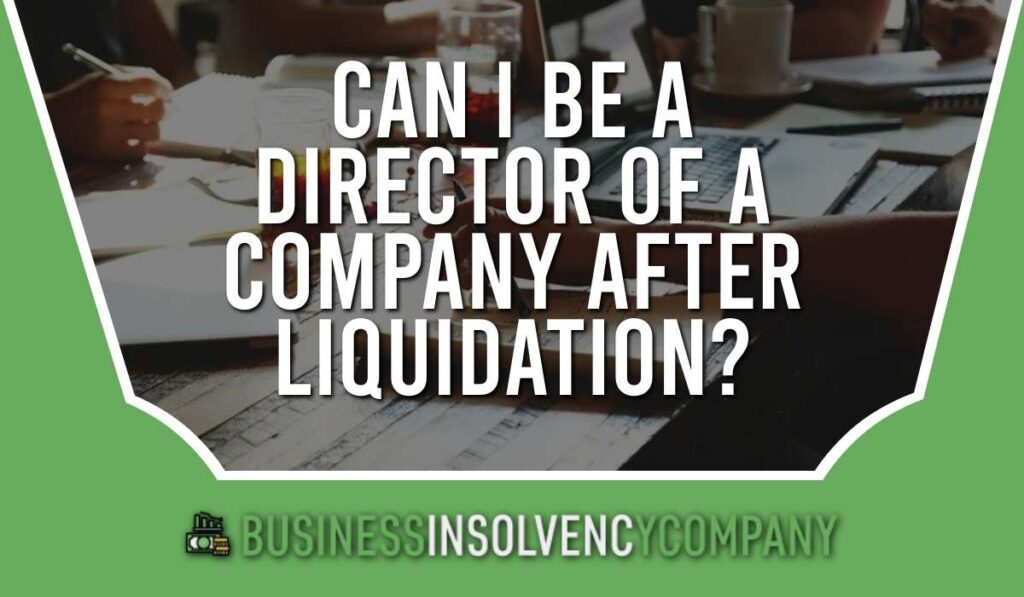


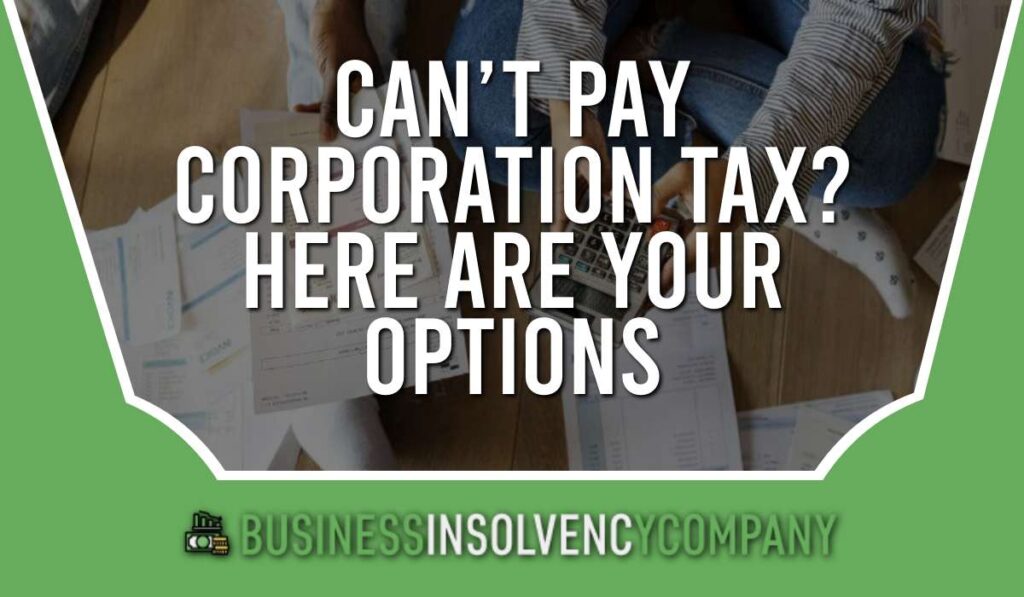
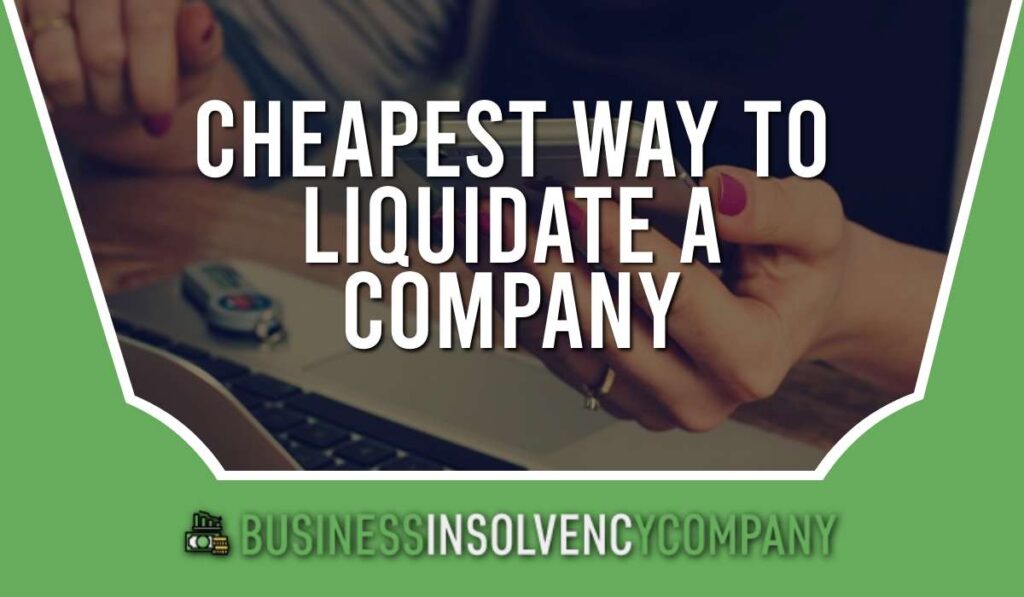
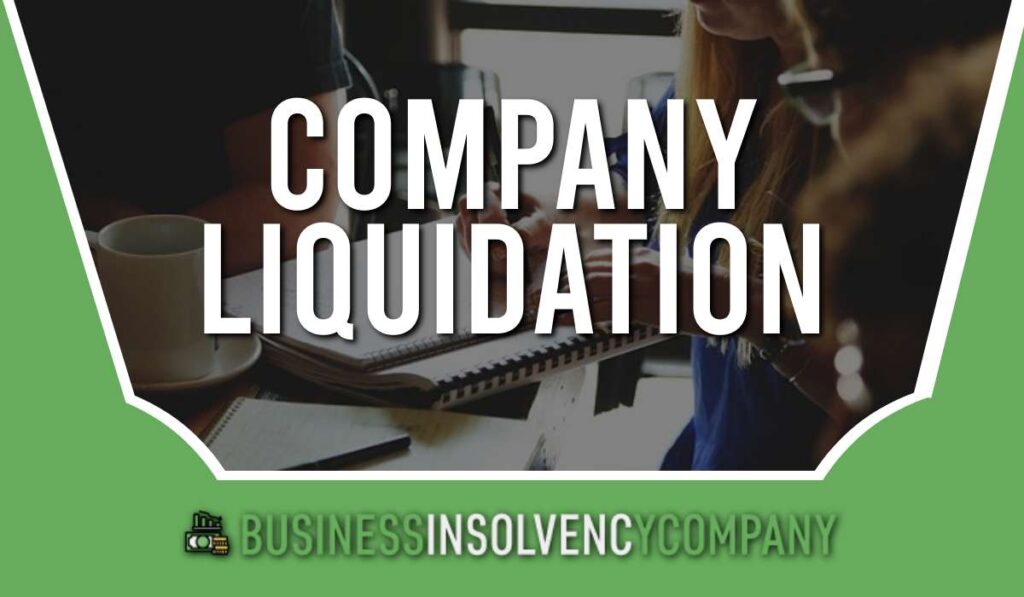
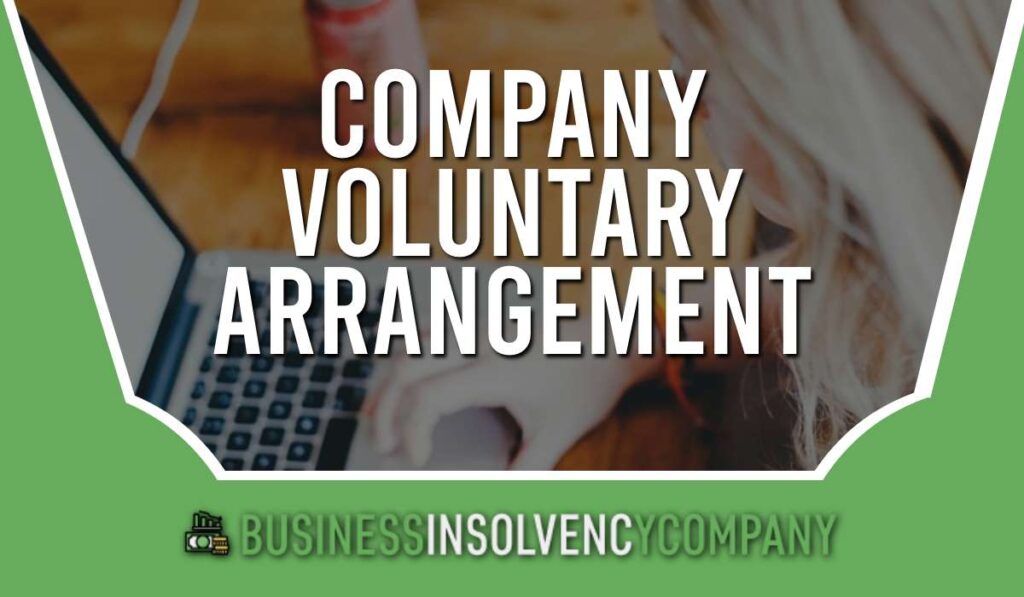

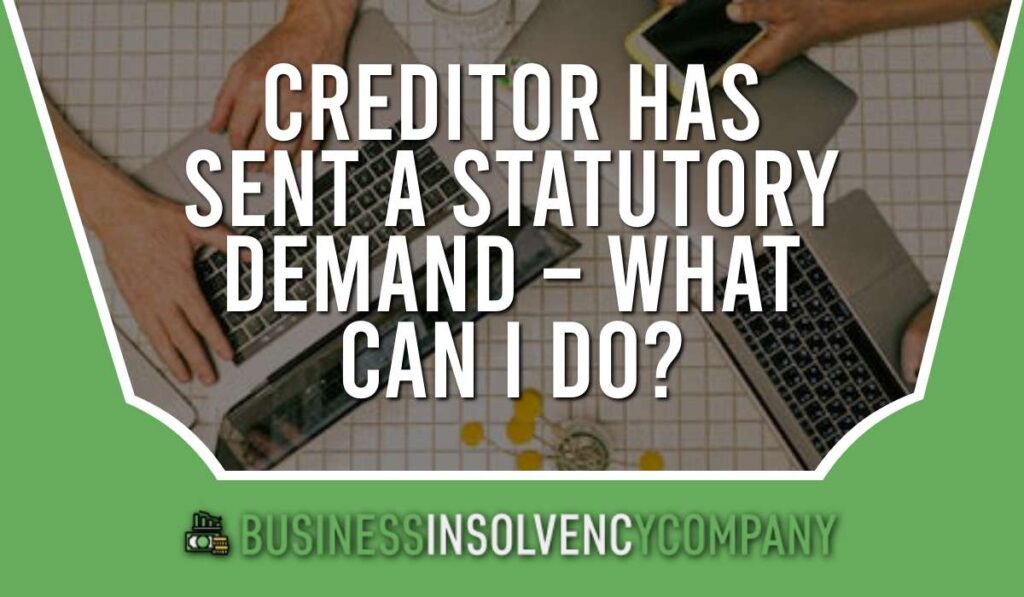
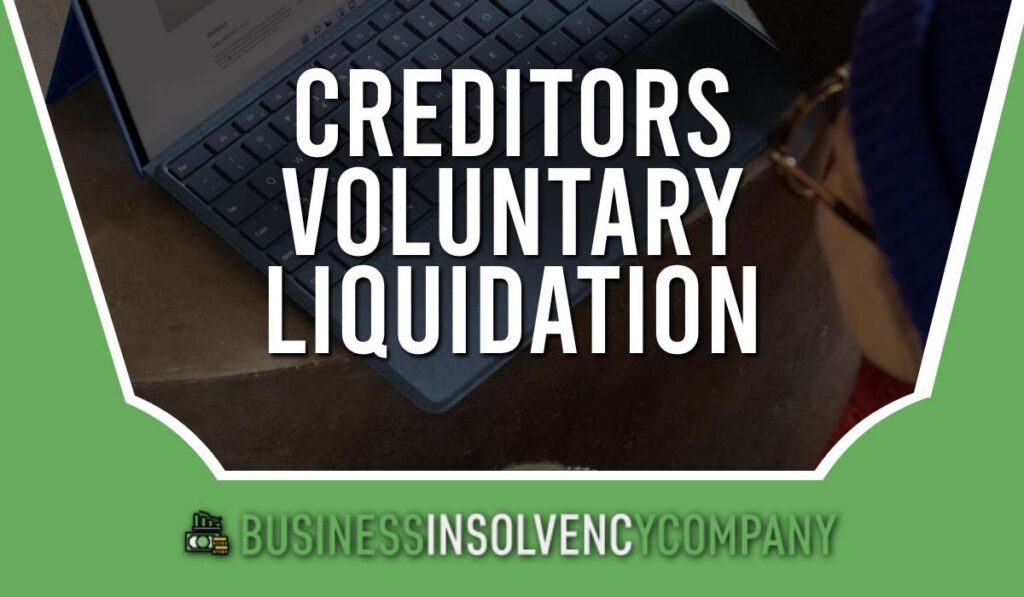
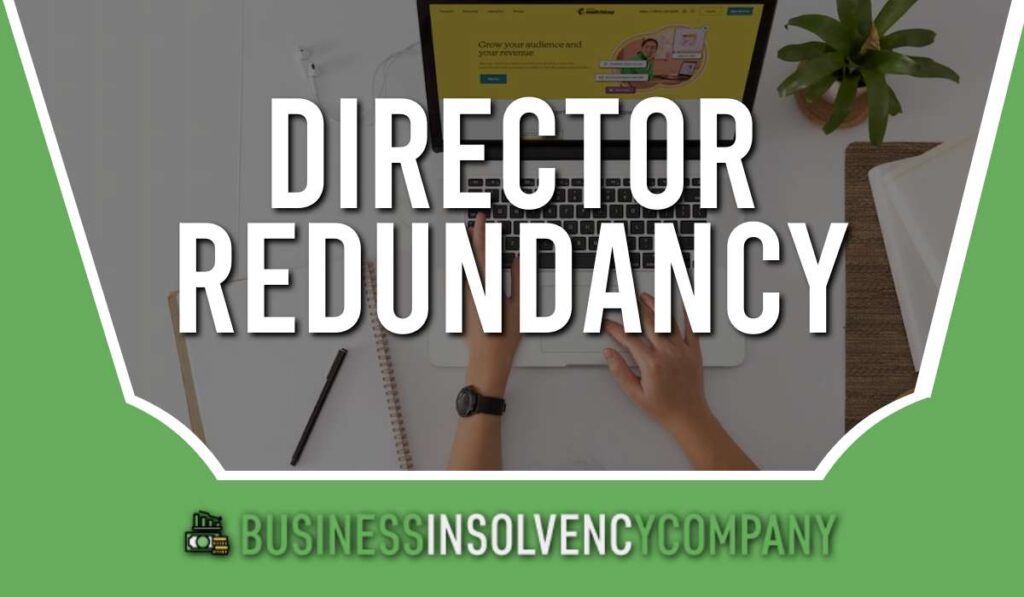

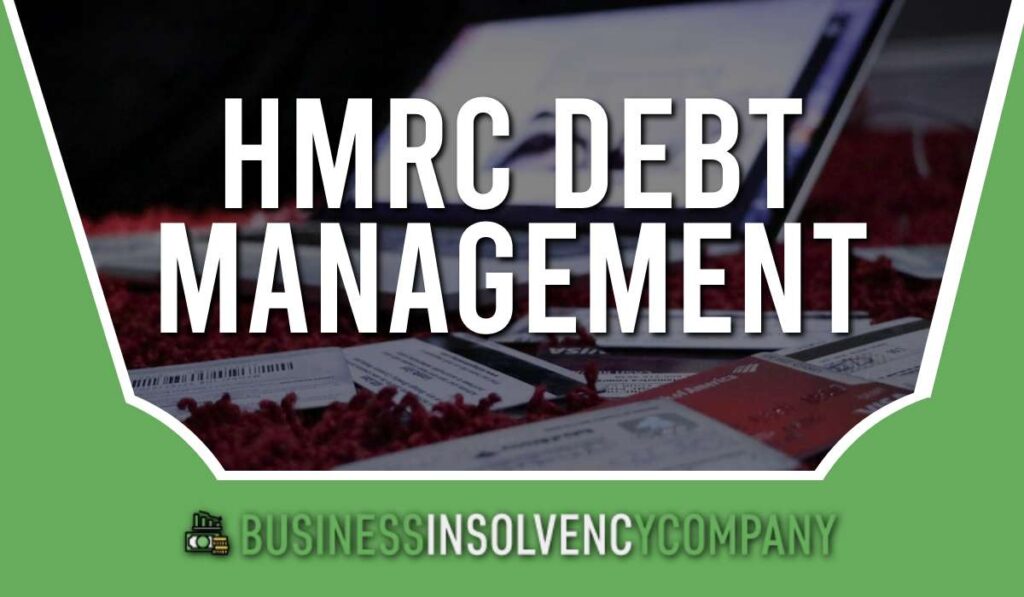

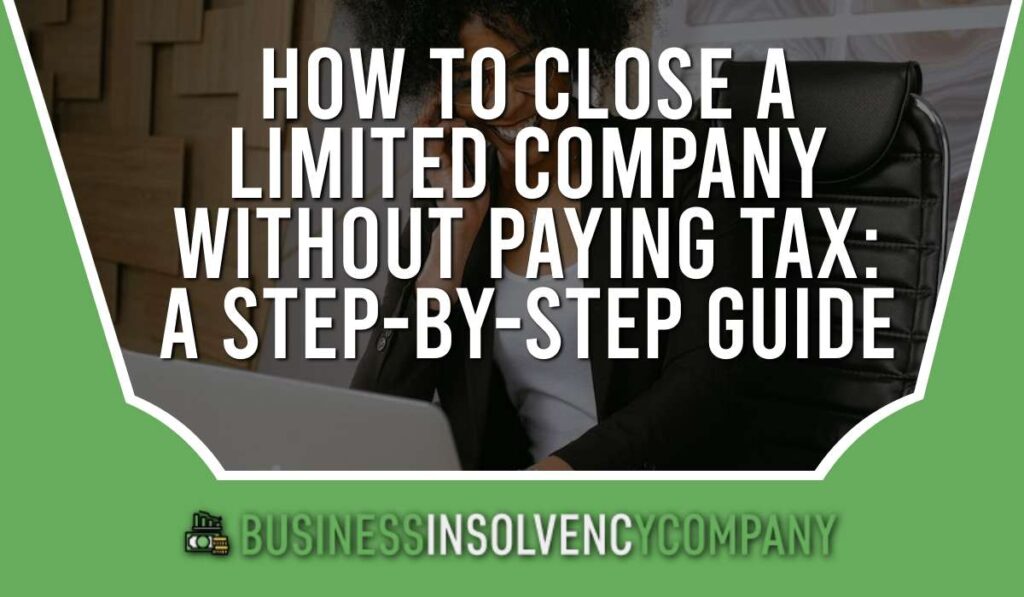
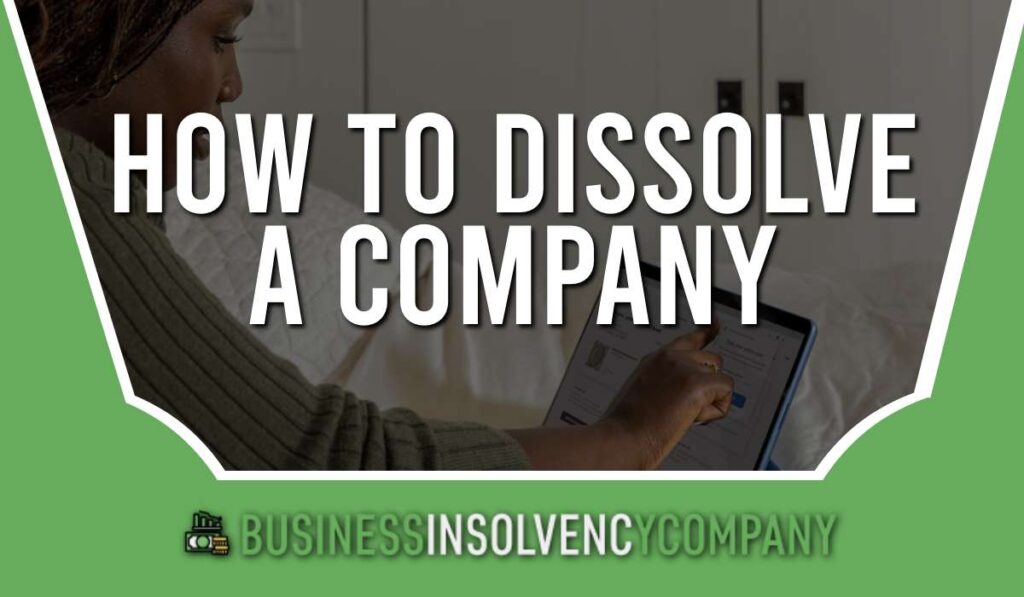



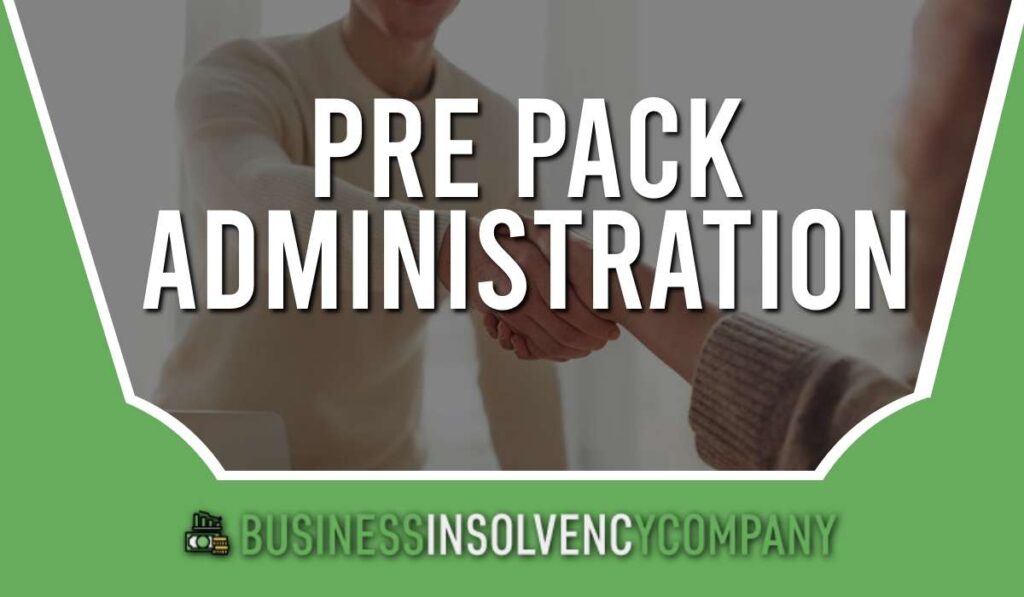





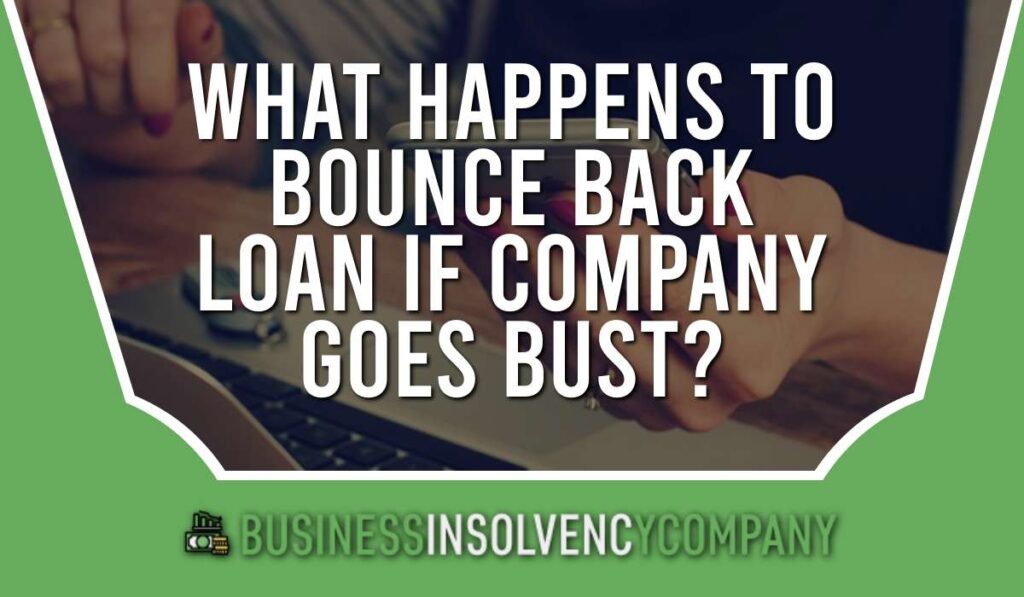
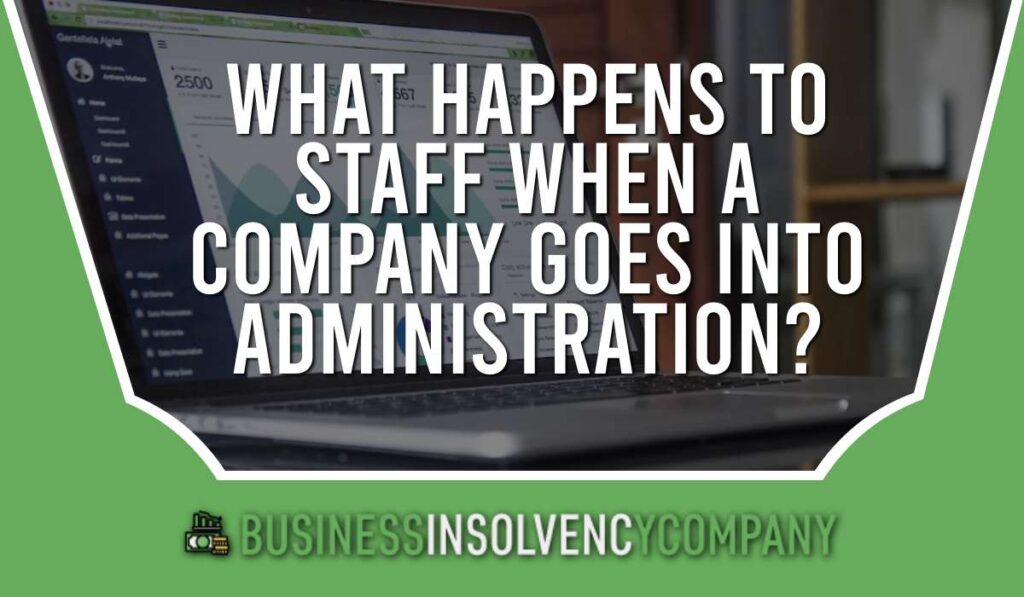

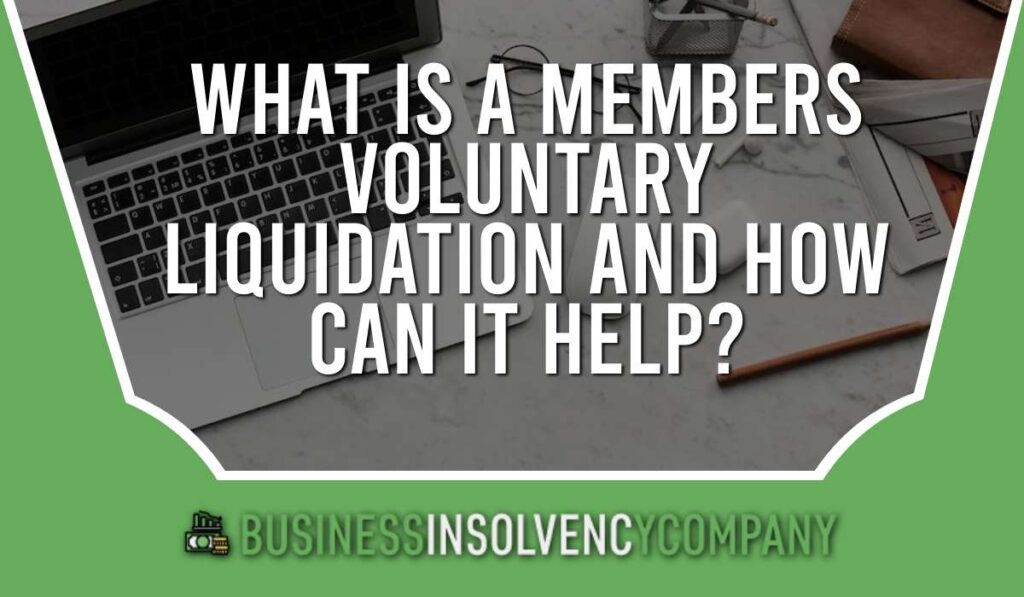

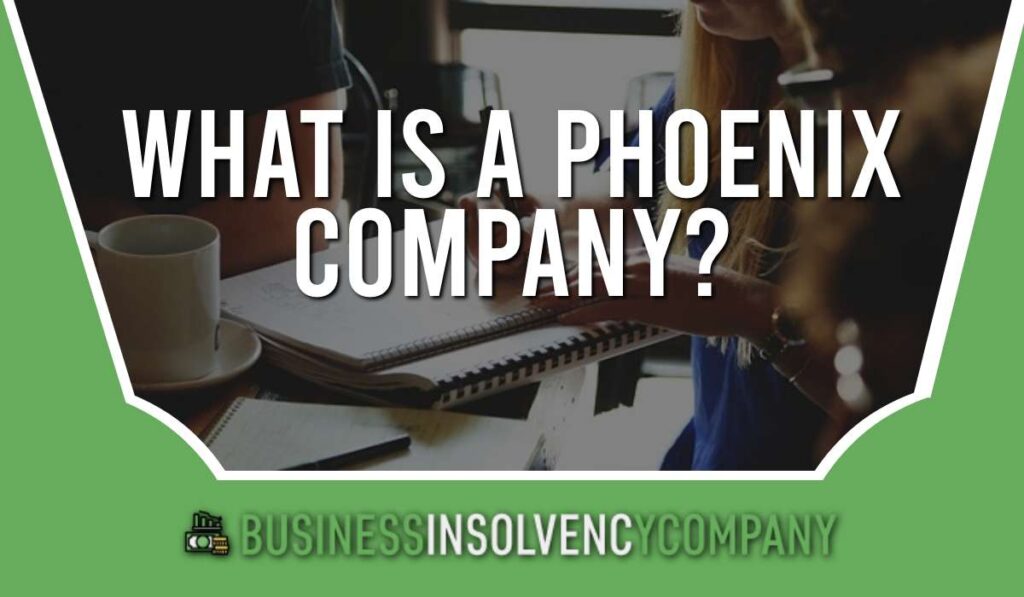

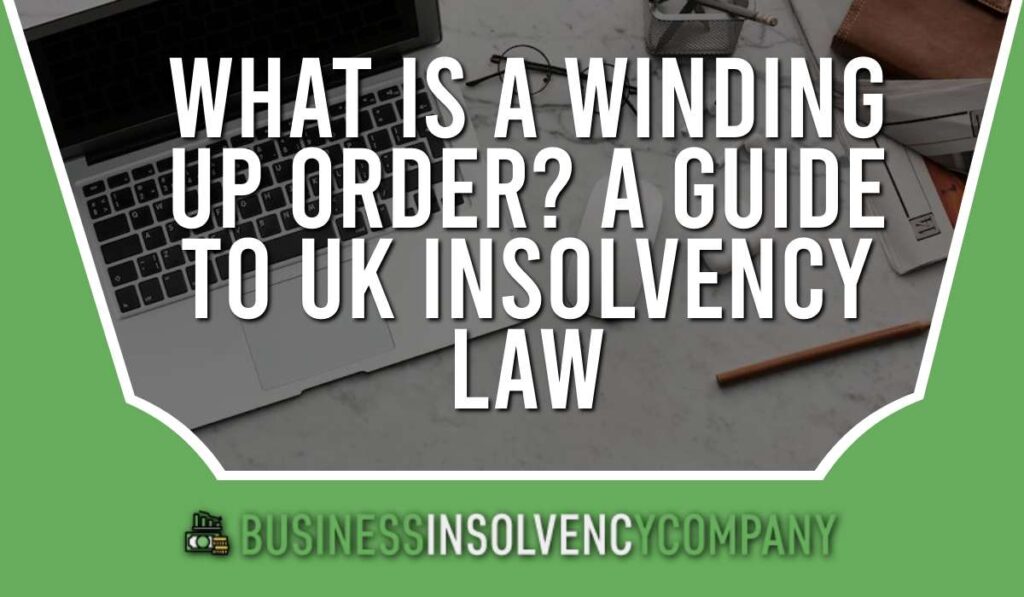




We Aim To Reply To All Enquiries With-in 24-Hours